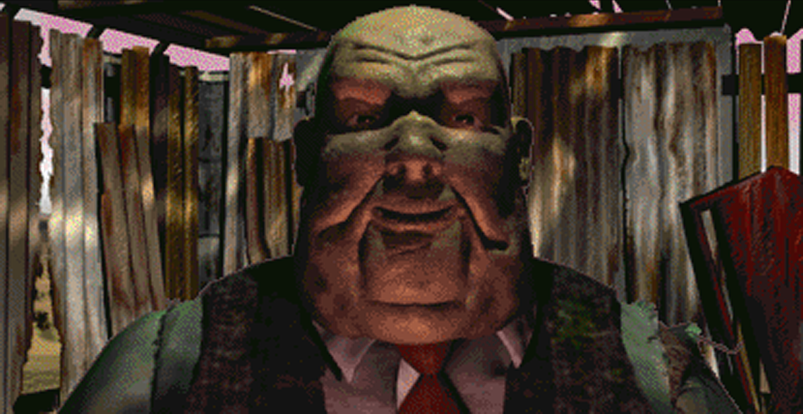
So, for example, it down-ranked posts that might break its rules against violence or hate speech. They were temporary steps to keep the platform safe. It called these break-the-glass measures. So the company had this emergency playbook. It didn't want a repeat of what happened in 2016, of course, when Russians used the platform to interfere. What do they show?īOND: Well, we know Facebook spent years preparing for the 2020 election. SIMON: You have been looking at internal documents from Facebook. SHANNON BOND, BYLINE: Thanks for having me, Scott.

And we should note, Facebook is among NPR's recent financial supporters. SIMON: How did Facebook get outwitted again by a movement spreading lies about the election? NPR's tech correspondent Shannon Bond joins us. Two months later, some of them would turn up and storm the U.S. Angry Trump supporters on the platform were coalescing around the rallying cry Stop The Steal. KHALID: Voting seemed to go off largely without a hitch, without many of the conspiracy theories that flourished on Facebook in 2016. SIMON: Facebook breathed a sigh of relief after Election Day 2020.

We've got the news you need to start your weekend. It has an orange cap and an orange, striped label. KHALID: And a boost for booster shots - now the focus turns to protecting young kids with a vaccine.ĬLAIRE HANNAN: It'll visually look different. SIMON: President Biden's offering some concessions on his social spending plan. KHALID: Three-point-five trillion dollars over 10 years has shrunk down to roughly 2 trillion. How the people calling for violence on January 6 use the platform, despite Facebook's assurances it was tamping down on misinformation and politically charged rhetoric.


 0 kommentar(er)
0 kommentar(er)
